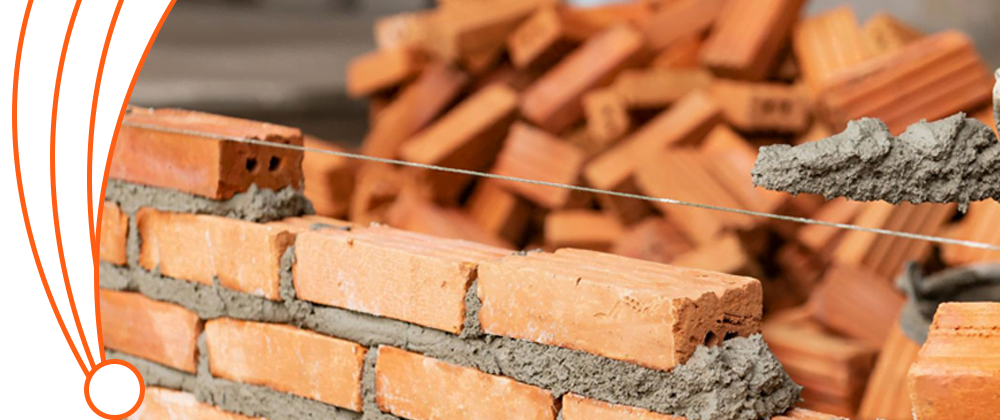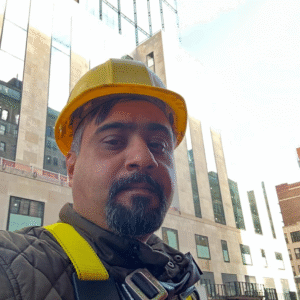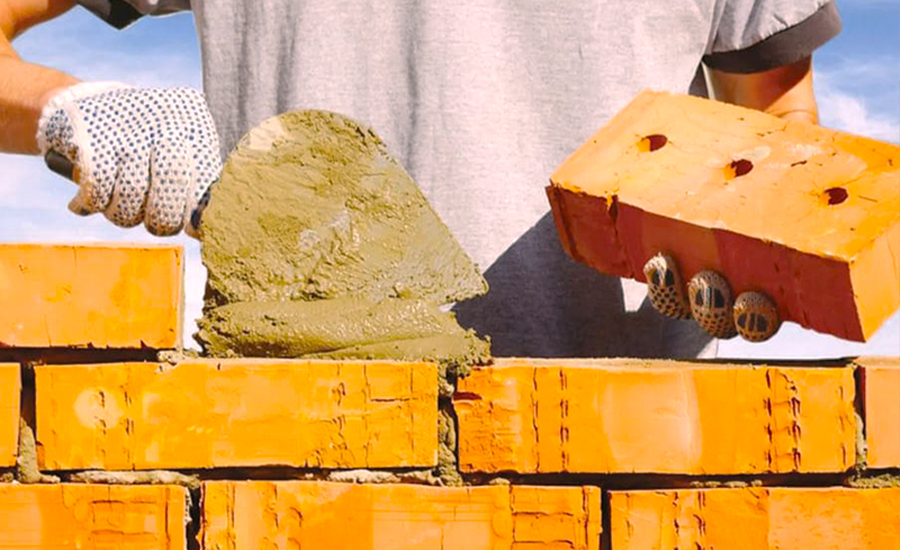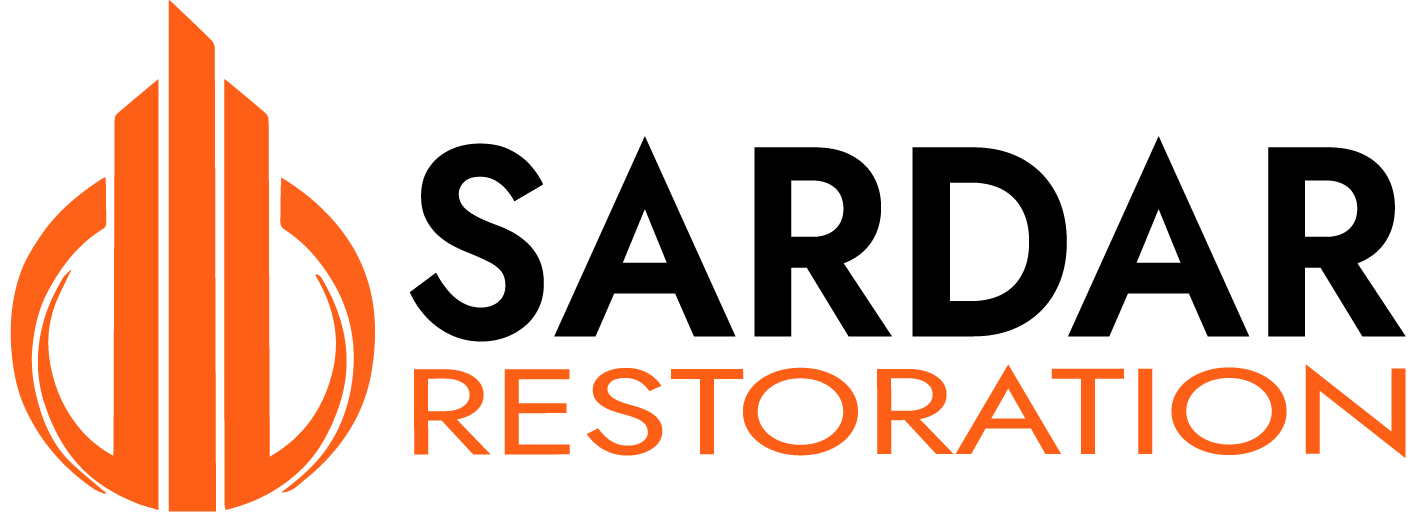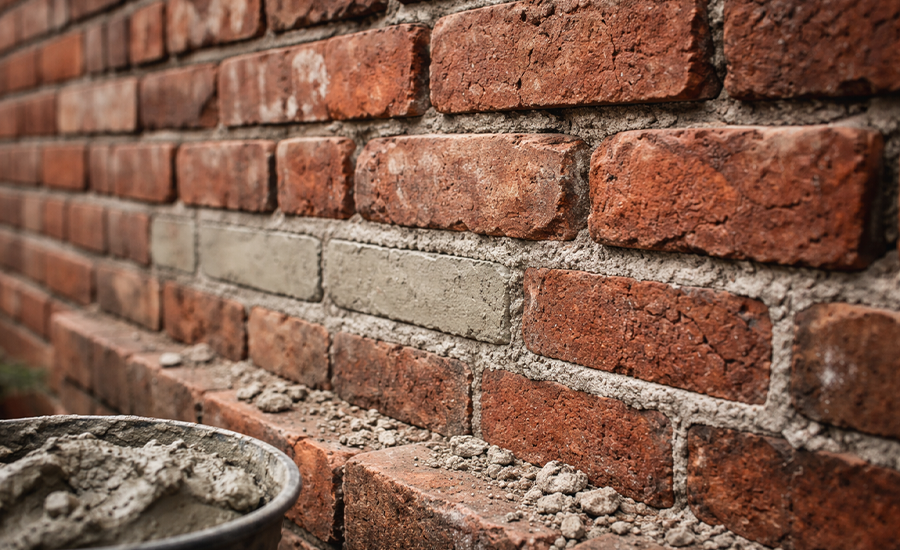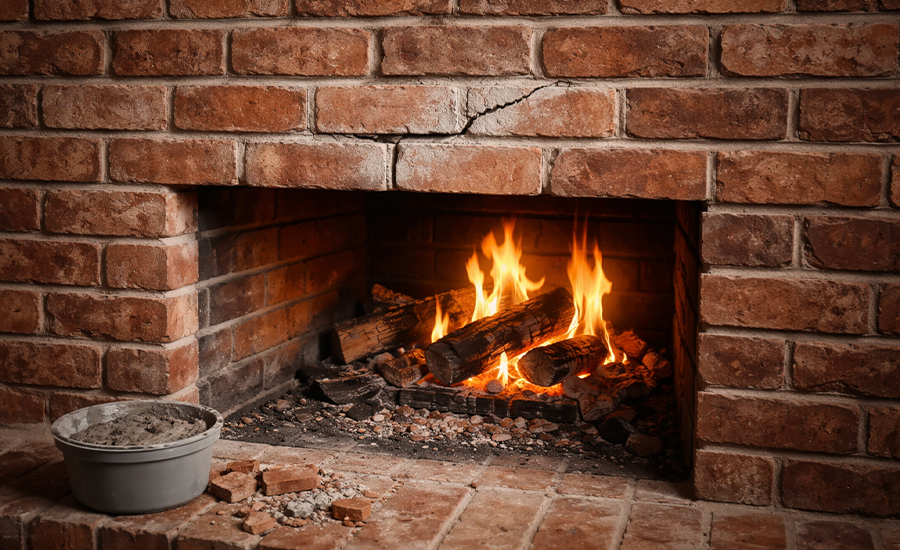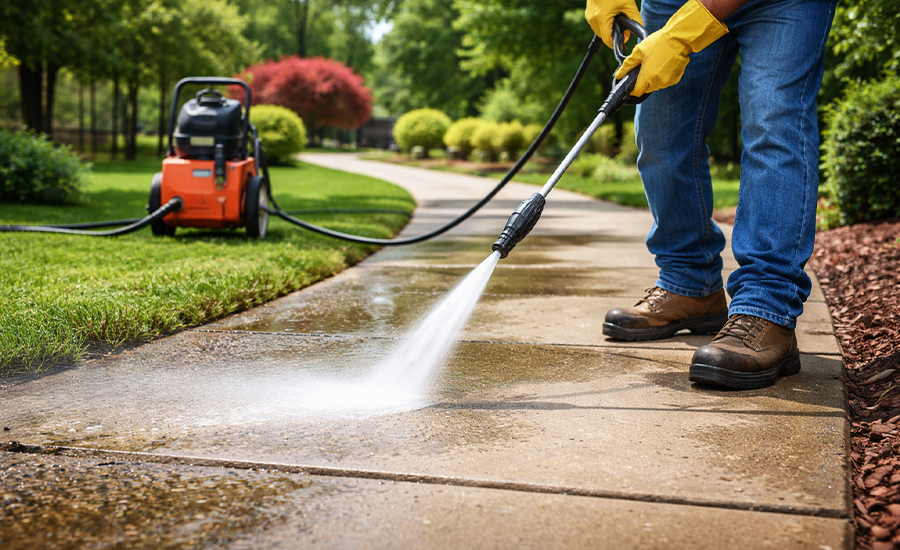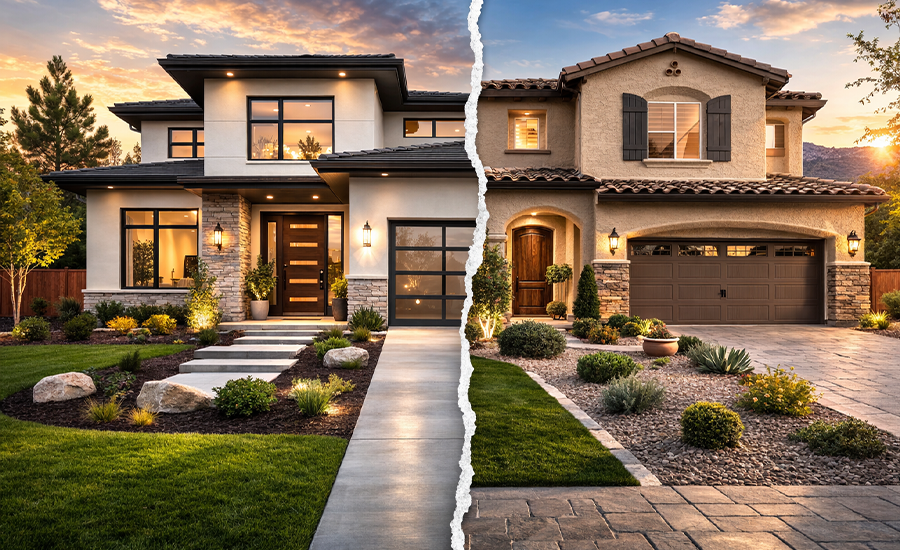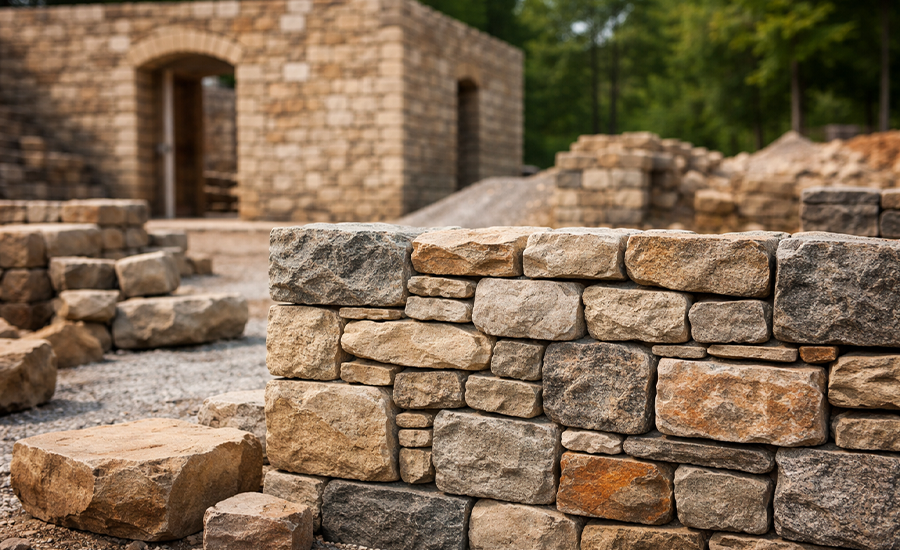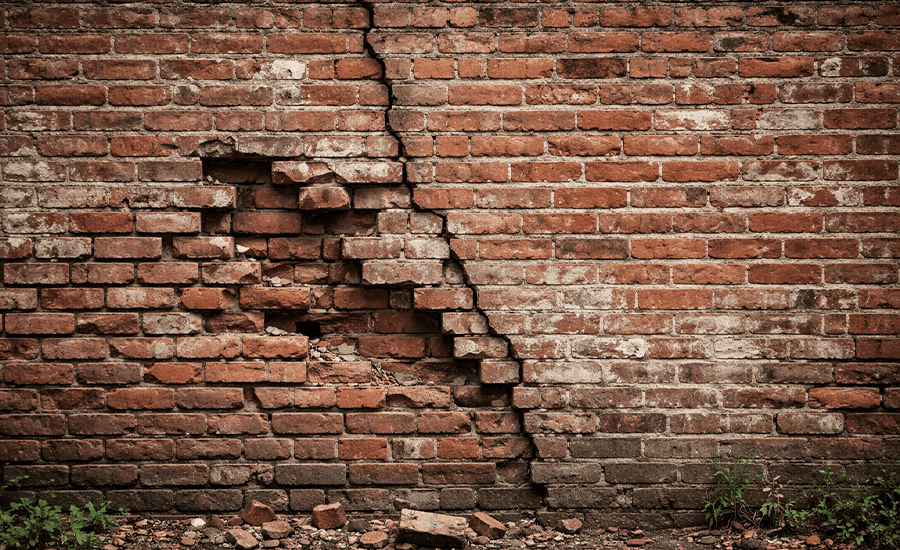Repointing of bricks is a critical repair process to ensure that your building has strong joints between the bricks and between bricks and other materials. The price of the job varies with the region you live, your building type, and the extent of the job done. Knowing what factors make up the value of agricultural land, whether in Manhattan or Westchester, is important. In this guide, we’ll look at common factors that affect the repointing cost in NYC, such as the neighborhood or area of your building construction, the condition of your building, and the type of materials and workforce.
Pro Considerations
When estimating repointing costs, Sardar Restoration Corp considers factors like brickwork condition, building type, accessibility, material choice, permits, seasonal timing, and long-term maintenance to provide an accurate and reliable quote.
Factors That Affect The Cost Of Repoint Brick In NYC, Manhattan, Bronx
Repointing bricks is a general repair process in which new mortar is applied to the joints between bricks; it is prevalent among numerous houses in New York City. The cost of repointing depends on various factors, and, unsurprisingly, costs rise or fall depending on the area. The following factors have influenced Repointing prices in New York City, including Manhattan, the Bronx, Queens, Brooklyn, and Westchester.
Points To Remember:
Key factors that affect the cost of repointing brick include location, building type, brick condition, labor costs, permits, and seasonal demand.
Location and Neighborhood
The repointing cost can fluctuate depending on your area due to labor demand, building type, and local building codes.
Manhattan
As one of the most expensive areas in New York City, repointing brick in Manhattan often costs more. Older buildings and high-rise apartments with intricate brickwork require specialized labor, increasing prices. Expect to pay a premium for the convenience and accessibility of these central locations.
For a deeper look at why Manhattan-specific repointing is more costly, see our detailed guide on what factors influence the cost of repointing in Manhattan.
Brooklyn
Brooklyn has also experienced gentrification in recent years, so there are often more demands for building repairs in areas such as Williamsburg, Park Slope, and Brooklyn Heights. These areas typically consist of older brownstones and rows of houses, requiring more skill and, therefore, cost.
Repointing costs in Queens and Brooklyn are influenced by different materials, access challenges, and architectural styles. For a side-by-side comparison, visit our detailed guide on why repointing costs vary across Queens and Brooklyn.
Queens
Repointing prices in Queens can vary. While neighborhoods like Astoria and Long Island City, which have seen rapid development, may have higher costs, more suburban areas like Flushing or Forest Hills might be more affordable due to the prevalence of smaller homes and less complex brickwork.
To understand how the size of your property can further affect repointing costs in Queens, check our full breakdown in this detailed guide on estimating costs based on property size.
The Bronx
The cost of repointing in the Bronx is typically lower compared to Manhattan or Brooklyn. Many residential areas consist of smaller, older buildings with simpler brick designs. However, the cost can rise in more upscale areas like Riverdale, which may have more significant, complex structures.
For a detailed breakdown of pricing and influencing factors specific to Bronx buildings, explore our blog on how to estimate the cost of brick repointing in Bronx buildings.
Westchester
Though not part of NYC proper, Westchester County can see a higher price range due to its suburban nature. For instance, neighborhoods with grandiose homes more common in Scarsdale or Rye are bound to report rather expensive repointing jobs because their substyles and the size of the structures are more complex.
Wondering how Westchester compares with NYC boroughs like Brooklyn or the Bronx? Read our breakdown on why repointing is more affordable in Westchester compared to NYC for cost tables and key differences.
Building Type and Complexity
The building type and the brickwork’s complexity play a significant role in determining repointing costs.
What Is The Role Of Building Type in Repointing Cost Estimation?
The complexity and type of building, whether a high-rise, brownstone, or residential home, directly influence the cost of repointing due to varying labor, equipment, and accessibility requirements.
- High-Rise Buildings (Manhattan, Queens): High-rise buildings or those with complex brick facades require specialized equipment and extended job completion time. The complexity of working on tall buildings with scaffolding and specialized labor increases costs significantly.
- Brownstones (Brooklyn, Manhattan): Repointing brownstone buildings in neighborhoods like Park Slope or Harlem is relatively expensive because of their design. Many of these buildings employ brickworks, and where these are damaged, repairs can be quite a challenge as the need to retain the history of the building is preserved, and this inflates the price.
- Residential Homes (The Bronx, Queens, Westchester): Most single-family homes have relatively plain, brick surfaces, making repointing cheaper. Nevertheless, the size of the house and the number of exterior walls that need repair will affect the cost.
However, when dealing with older or historic properties, the cost can increase significantly due to factors like age, condition, and specialized labor. Learn more in our blog on how the cost of repointing varies for older buildings.
Brick Condition and Mortar Type
The state of the bricks and the mortar used in the repointing job directly impacts the cost.
- Age of the Building: Older buildings often have deteriorated mortar, requiring more extensive repair. Due to their age and exposure to the elements, buildings in Manhattan, Brooklyn, and The Bronx will likely experience more wear.
- Mortar Type: Concrete and mortar selection influence its price. Many older buildings with lime-based mortar, previously preferred to cement-based mortar, offer a repointing challenge that is more expensive in terms of personnel and materials.
Labor Costs and Accessibility
Labor costs in New York City vary depending on the location and accessibility of the job site.
- Manhattan and Brooklyn: Work in these areas is often more costly, mainly because there is a high demand for trade professionals and because the construction environment can be congested with many structures and people. Erecting scaffolding, lifts, or cranes to access high rises in Manhattan may add to the overheads since they are deemed additional structures that add to labour cost.
- The Bronx and Queens: These boroughs might see slightly lower labor costs, as buildings are often more accessible and contractors are more available.
- Westchester: Labor costs in suburban Westchester may be slightly lower, but the need for experienced contractors to handle large homes and more detailed work can still push prices up.
Permit and Code Requirements
Depending on the building type and location, you may need a permit for repointing, mainly if you’re working on a historical building or in a landmarked district.
- Landmarked Areas (Manhattan, Brooklyn): If your building is in a historic district (typical in parts of Brooklyn, Manhattan, and Queens), repointing requires approval from the NYC Landmarks Preservation Commission. This adds time and cost to the project as permits, inspections, and additional work to maintain historical accuracy are required.
- Residential Areas (The Bronx, Queens): Permitting requirements in these areas are generally less stringent. However, you may still need a permit for certain types of work, such as working on a multi-family building or in a designated area.
Seasonality and Weather Conditions
The time of year you choose to repoint your bricks can significantly affect pricing.
- Winter: In colder months, especially in places like Westchester, the Bronx, or Queens, inclement weather can make it more challenging to complete the job. The cold can prevent mortar from setting correctly, adding additional time to the project and increasing costs.
- Spring/Summer (Brooklyn, Manhattan): The price also varies according to the season or period when many property owners seek repointing services; the price is higher during the summer when there is high demand, especially in areas such as Brooklyn and Manhattan. But this means contractors can minimize the time spent on a particular project, minimizing any possible time wastage.
Size of the Project
The size and scope of the project affect overall costs. More significant buildings, like those found in Manhattan or Westchester, typically incur higher costs due to the time and resources required to complete the job.
- Smaller Projects (The Bronx, Queens): For smaller homes and buildings, costs are typically lower as the project will be less labor-intensive and require fewer materials.
Average Cost of Repointing Brick (100 Square Feet)
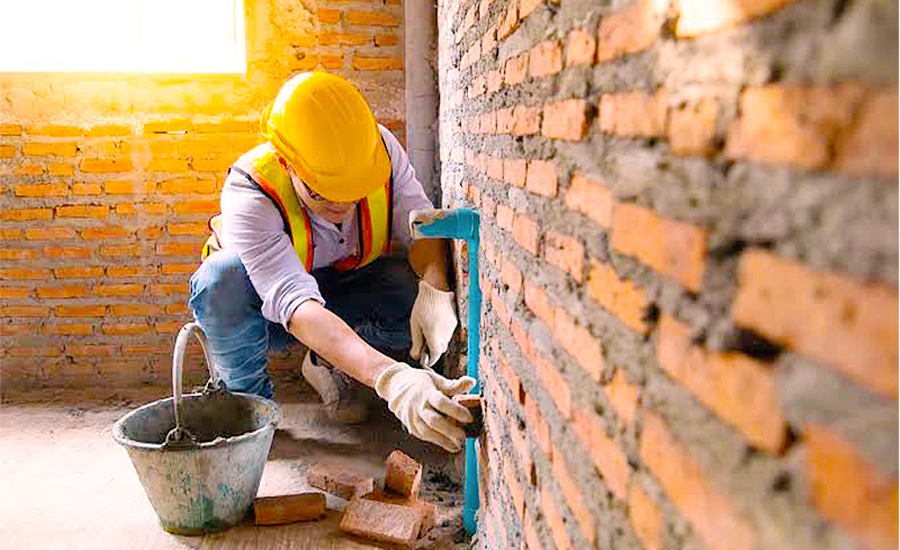
The average cost of repointing brick for 100 square feet can vary significantly depending on location, building type, mortar material, and the job’s complexity. Below is a breakdown of what to expect when considering the cost of repointing 100 square feet of brick.
General Average Costs
- National Average: The cost of repointing brick is typically between $500 and $1,500 for 100 square feet. This price range accounts for labor, materials, and other factors but may change depending on local conditions.
- Cost Per Square Foot: Repointing costs generally range from $5 to $15 per square foot. This price can vary based on the quality of the materials used, the complexity of the project, and local labor rates.
For a broader breakdown of typical repointing expenses by structure type and job scale, check out our guide on what is the average cost of brick repointing.
Factors Influencing the Cost
Location
- New York City (Manhattan, Brooklyn, The Bronx, Queens): Due to the high cost of labor and accessibility issues, repointing in NYC can be on the higher end of the spectrum, ranging from $1,000 to $1,500 for 100 square feet. Manhattan and Brooklyn, in particular, are likely to fall on the higher end due to the prevalence of historic buildings and more complex labor requirements.
- Westchester: In more suburban areas like Westchester, the cost may be slightly lower, ranging between $700 and $1,200 for 100 square feet. However, the size and condition of the structure can still influence this.
Building Type and Accessibility
- High-Rise or Complex Structures (Manhattan, Brooklyn): If the building is a high-rise or features intricate masonry, such as brownstones or landmarked buildings, the price may be higher due to the need for scaffolding, lifts, and skilled labor. These structures can increase the cost by an additional 20%-40%.
- Single-Story Homes (The Bronx, Queens): For residential properties with easier access, the costs may be more affordable, possibly between $600 and $1,000 for 100 square feet.
Mortar Type
- Traditional Lime Mortar (Manhattan, Brooklyn): If your building requires traditional lime-based mortar, commonly used in older structures, the cost will be higher. Lime mortar costs more due to its specialized nature and the additional time required for application. This can add an extra 10% to 20% to the cost compared to modern cement-based mortar.
- Cement-Based Mortar (The Bronx, Queens): Standard cement-based mortar is typically less expensive, which can reduce the project’s cost.
Condition of the Brickwork
- Deteriorated or Crumbling Mortar: If the existing mortar is severely damaged or eroded, more preparation work will be needed, which can increase labor costs. The more repair work required to remove damaged mortar and prepare the surface, the higher the price.
- Minimal Damage: If the mortar is in relatively good condition, the cost will be lower since less preparation is needed.
Ignoring such damage over time can lead to serious consequences — what happens if you don’t repoint brickwork might surprise many property owners.
Labor Costs
Labor costs vary greatly by region and the skill level required for the job. In NYC, labor is typically more expensive, ranging from $50 to $150 per hour, depending on the contractor’s experience and location. This can significantly influence the overall cost, especially for more intricate or time-consuming work.
Additional Costs
- Scaffolding: In urban areas or for multi-story buildings, scaffolding may be required, which can add $500 to $1,000 to the project’s total cost.
- Permit Fees: In historic districts, such as parts of Brooklyn and Manhattan, permits may be required, which can increase costs by $100 to $500 depending on the location and nature of the building.
- Clean-up: After repointing, some cleaning may be required, adding another $100 to $300 to the overall cost. Some unexpected charges might also arise. You can explore these in our guide on hidden costs involved in brick repointing to better prepare your budget.
Summary of Costs for 100 Square Feet
| Type of Repointing | Cost | Details |
|---|---|---|
| Basic Repointing (Residential, No Major Issues) | $500 to $1,000 | For a single-story home or accessible building using cement-based mortar. |
| Moderately Complex Repointing (Urban Areas, Some Damage) | $1,000 to $1,300 | For areas like NYC or Brooklyn with some deterioration in mortar. |
| High-End Repointing (Historic Buildings, High-Rise, Lime Mortar) | $1,200 to $1,500 | For high-rise buildings, historic homes, or buildings requiring lime-based mortar, with scaffolding or extra equipment. |
Repointing vs. Other Methods – Cost, Durability & Alternatives
Below is a comparison of different approaches to managing and repairing brick structures. Each approach is associated with certain costs, wear and tear, and advantages, all of which are crucial for choosing the best solution for a particular case.
| Service | Cost | Durability | Benefits | Best For |
|---|---|---|---|---|
| Repointing | Moderate | High | Restores mortar joints, prevents water damage | Repairing eroded mortar joints |
| Brick Replacement | High | Long-lasting | Full replacement of damaged bricks | Major brick damage, structural issues |
| Waterproofing | Moderate | Long-lasting | Prevents water penetration | Moisture protection, basement walls |
| Brick Cleaning | Low | Short-term | Improves appearance, removes stains | Surface cleaning, aesthetics |
| Tuckpointing | Moderate | High | Enhances aesthetics while restoring mortar | Decorative finish, preserving structure |
| Caulking | Low | Moderate | Seals small cracks and gaps | Small gaps around windows/doors |
| Brick Sealing | Low | Moderate | Protects against moisture and dirt | Protection, outdoor walls, weatherproofing |
How Do You Estimate Costs For A DIY Repointing Project?
Estimating costs for a DIY repointing project involves calculating the required materials, tools, and time. Here’s a breakdown to help you estimate the total cost:
Materials (Mortar)
- Cost: $30 to $80 per bag of mortar (depending on type and brand)
- Quantity: Typically, one bag covers about 25 square feet, depending on joint depth.
Tools
- Cost: $50 to $200 for essential tools (trowels, raking tools, masonry brush, etc.)
- Optional tools (Hawk board, joint raker): Extra $30-$50
Protective Equipment
- Cost: $15 to $50 (for gloves, dust masks, and safety goggles)
Time & Labor
- Time estimate: 2-3 days for a small project, longer for larger areas.
- Labor cost: DIY saves on professional labor fees but requires your time.
Additional Costs
- Scaffolding (if needed): $50 to $100 per day rental
- Clean-up Materials: $10 to $20 for drop cloths and brushes
Estimated Total Cost for DIY Repointing (for a small area): $100 to $400, depending on the project scale.
Hiring professionals like Sardar Restoration Corp can ensure long-lasting, high-quality results for larger or more complex jobs, potentially saving you future repair costs.
For a full breakdown of tools, materials, upgrade options, and tips to stay on budget, check out our dedicated guide on how to estimate costs for a DIY repointing project.
Sardar Restoration Corp Offers Transparent Cost for Repointing
There is always a precise, upfront cost for repointing from Sardar Restoration Corp without showing hidden expenses. Again, you will be fully informed of the quantity and nature of the service we intend to provide before we begin, and no hidden cost will be involved. Our team of experts ensures we evaluate your brickwork situation and present you with detailed cost estimates for your course of action. For simple masonry repairs and large-scale to full-blown repointing, Sardar Restoration Corp is your go-to for quality work, durable materials, and affordable prices. Call today for your no-obligation quote!
Still wondering if it’s worth the expense? Discover why brick repointing is cost-effective in the long run and how it helps avoid expensive future repairs.
Wherever you are, our services are available to meet your local needs. Contact us today at (+1) 917-355-8556 or sardarrestoration@gmail.com, or visit us at 2770 Fish Ave, Bronx, NY 10469, United States. Let us bring excellence to your next project!
FAQs
Is repointing more affordable in Westchester compared to NYC boroughs?
Repointing costs in Westchester are generally more affordable than in NYC boroughs like Manhattan or Brooklyn. This is primarily due to factors like labor rates, building accessibility, and the type of structures in each area.
How does the size of the property impact repointing costs in Queens?
In Queens, the size of the property plays a significant role in repointing costs. Larger properties require more labor, materials, and time to complete the job, which increases the overall price. If you want a more relevant estimate based on the size of your property, please contact us and read for more information.
Is tuckpointing more expensive than repointing in NYC?
Yes, tuckpointing is usually more expensive than repointing in NYC because it requires more intricate detailing and materials, such as dual-toned mortar for decorative lines. In contrast, repointing is generally more cost-effective since it focuses solely on structural mortar replacement. If you’re comparing both methods for pricing and need, it’s important to understand which masonry technique better suits your budget and restoration goals.
Are financing options available for large projects?
Yes, financing options are available for large repointing projects. These options help ease the financial burden by spreading the cost over time. Please contact us for more information on financing and how it can benefit your project.
Is repointing something I can do myself at home?
While minor mortar touch-ups may be manageable for experienced DIYers, repointing a full house requires skill, precision, and safety awareness, especially on multi-level buildings. For this reason, most homeowners prefer hiring a licensed contractor. You can also explore how hard it is to repoint a house to better understand the challenges involved.
Can I repoint the brickwork of my house by myself?
DIY repointing may seem simple, but it often requires proper tools, experience, and precision. If you’re thinking about doing it yourself, it’s helpful to understand what makes repointing difficult for non-professionals.
Is repointing a structural repair?
Yes, repointing can act as a structural repair when it reinforces weak or deteriorated mortar joints in load-bearing areas. It plays a crucial role in maintaining structural stability, as explained in our guide on repointing as a structural repair.
